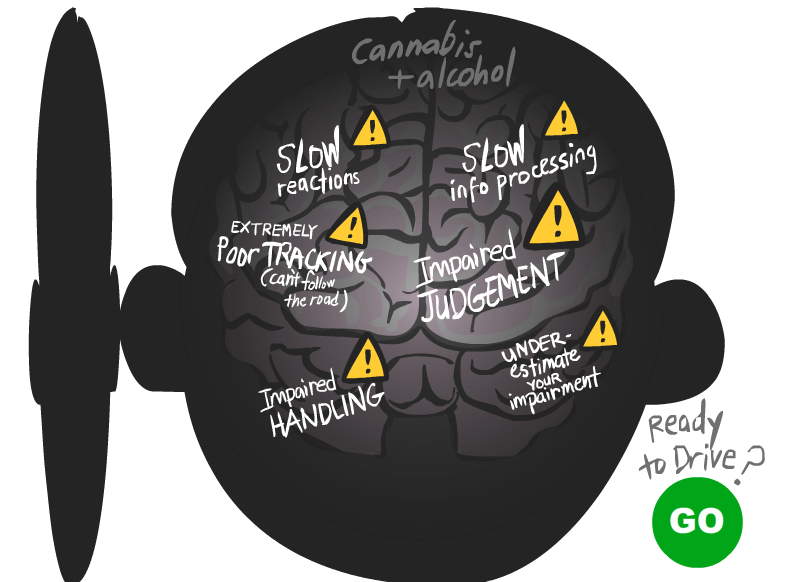Parenting is a lot like being on a road trip. It can be fun to experience new places with our growing child, but it can also be challenging. It doesn’t help that we live in a society that emphasizes the hazards and highlights stories of youth in serious trouble. News flash – young people in BC today are doing pretty well (see Adolescent Health Survey 2013).
As parents (or those who support them) we want to do our best to help our kids thrive in today’s world. That includes helping them learn about substance use. Many of us struggle with how best to approach topics like substance use with our kids. Here are some fundamentals that can help:
- Stay connected – more than anything, your child needs you! Show him (or her) you believe in him and support his interests. Foster a relationship that helps him, no matter what his age, talk about and share his thoughts and feelings.
- Talk when it makes sense – every child is different, so there is no “right time” to start the conversation about alcohol or other drug use. But engaging children earlier in open exchange about the things that touch their lives is a helpful way to help them address those things. (What doesn’t help? Lectures and threats.)
- Substance use is part of our culture – our children see people drinking around them, are exposed to advertising, hear about it in music etc. so this makes it an easy subject to bring up. Open-ended questions such as “what do you think about … ?” can be a useful way to start a conversation. Moving in to the teen years, you might ask questions like “When do you think you might be in a situation to use substances?” and “How do you think you would handle it?” Talking about alcohol or other drugs as they make choices on the path in to adulthood helps them to develop personal standards, minimize risks and critically assess popular assumptions about substance use.
- Recognize we all make mistakes – and use them as opportunities to learn and to have an honest, open conversation with them. If you discover your teen has been using alcohol or other drugs, stay calm. Yelling and issuing threats does not work. It is important to not let our concerns and fears destroy our relationship with our child. Wait for the right time to have a conversation and when it is start by expressing your own concern “I’m worried because …” or “I’m afraid because …” and listen more than talk so your teen can express their own feelings, making sure they know they are listened to.
- Be a positive role model – part of being a parent is modelling healthy behaviours and attitudes
- Safety first! Ensure that your teen knows how to contact you or another trusted adult to find a safe way home, regardless of the situation they find themselves in.
Looking for more?
The Road Ahead: A Guidebook for Parents of Young Teens. A handbook to help parents of young teens make their trip through the teen years a positive experience for both.
Guide to Talking About Alcohol or Other Drugs. Having honest, open conversations about alcohol or other drugs is a key way to protect our children from harm related to substance use.
Cannabis Use and Youth: A Parent’s Guide. This guide explores facts and misunderstandings about cannabis and helps parents find ways to engage their children in conversations about cannabis (or any other subject).
Here to Help Infosheets. These touch on a variety of topics that may be of interest.

Author: Cindy Andrew, Program Consultant, Helping Schools, Centre for Addictions Research of BC.
**Please note that the material presented here does not necessarily imply endorsement or agreement by individuals at the Centre for Addictions Research of BC.




